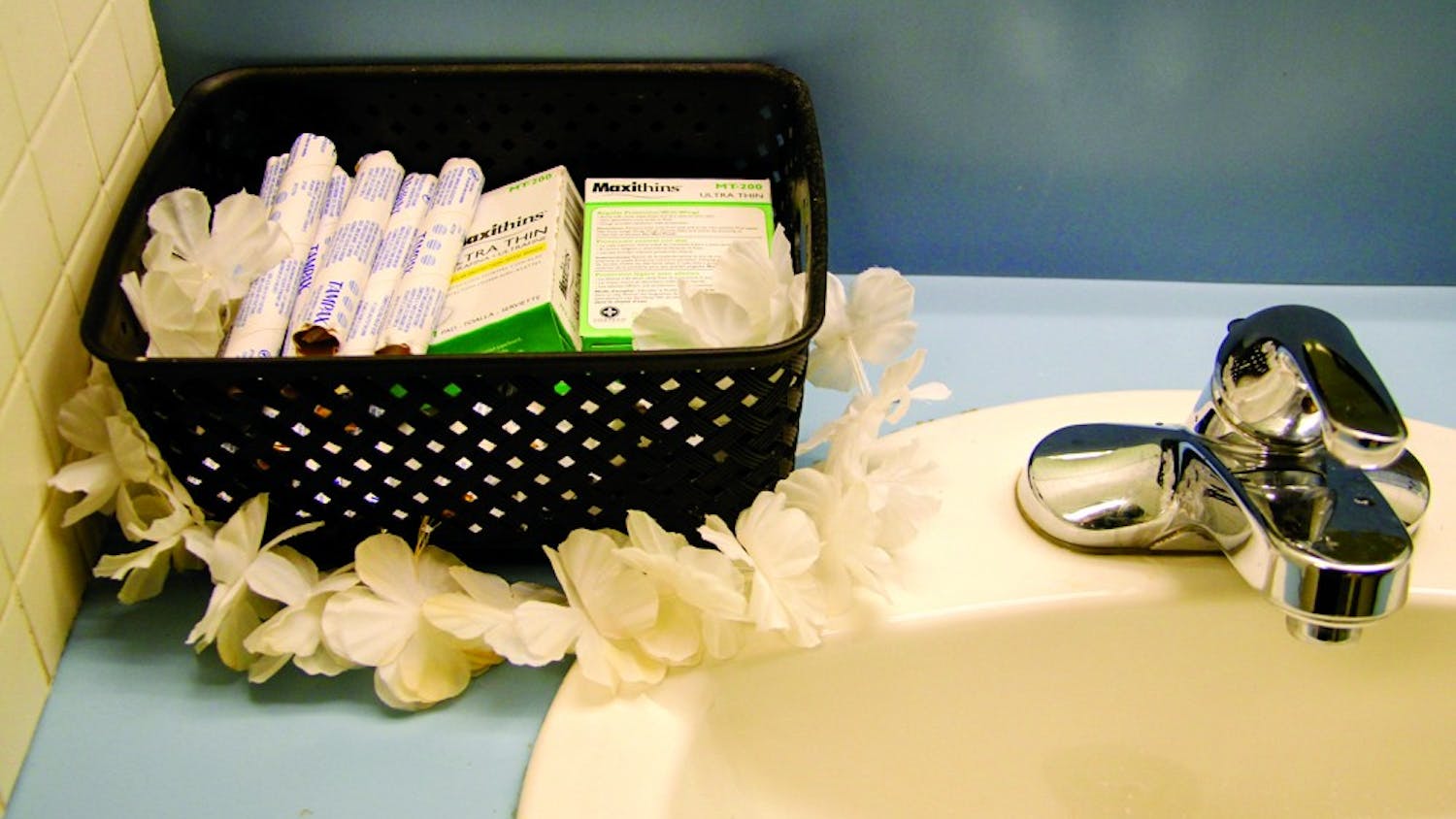New Hampshire state senator Martha Hennessey ’76 (D-Hanover), who has advocated for progressive policies in the state legislature since 2014, announced on May 1 that she will not seek a third term.
Hennessey, whose term ends in December, said that the demands of frequent commutes to Concord and an increased desire to spend time with family contributed to her decision.
“I just found myself thinking, ‘This has been great — I have learned a huge amount,’” Hennsesey said. “I believe it's good to have new blood and new ideals.”
The COVID-19 pandemic also played into Hennesey’s decision. When her daughter was recently hospitalized with COVID-19 symptoms, Hennessey said that she felt “hogtied” because she could not visit her due to restrictions on visitors.
Hennessey said that this moment resonated with her because if the Senate had been in session, the requirement to be physically present to vote would have similarly prevented her from visiting her daughter.
“It was scary, and it was a wake-up call for me that I couldn’t get in the car and be there,” she said.
A career child psychologist, Hennessey started her political career in the New Hampshire State House in 2014 before her election to the state Senate in 2016. She worked to strengthen women’s rights in New Hampshire, working on bills to increase free access to feminine hygiene products and widen precautions against sexual assault, among other initiatives.
The senator, who graduated as part of the first class of women at the College, has been vocal about her Dartmouth experience. Having had to speak in front of large groups of men as an undergraduate, Hennessey said, has benefited her in the legislature — which she said is still “male dominated.”
“You learn to be confident in yourself and be able to speak up and believe in yourself,” Hennessey said.
Government professor Deborah Brooks, who testified in the state Senate for Hennessey’s bill to provide free menstrual products to New Hampshire high-schoolers, described the senator in an email as a “powerhouse of a legislator.”
Brooks wrote that despite only three other states having adopted similar legislation, Hennessey successfully guided the menstrual products bill through a largely-male legislature.
“She has the fantastic sense of strategy, the ability to ‘read the room’ and the ability to connect with people that the most effective politicians tend to have,” Brooks wrote.
Hennessey also serves as the chair of the Senate judiciary committee, working alongside four other senators on issues related to judicial proceedings in the state.
Judiciary committee vice chair Sen. Shannon Chandley (D-Amherst) said that she has worked with Hennessey since 2018. Chandley said that Hennessey serves as a “good representative” of her district, which includes nine towns bordering the Connecticut River.
Chandley added that Hennessey’s Senate Bill 679, which requires institutions of higher education to adopt a set of policies on sexual misconduct, stands out to her as one of Hennessey’s most notable legislative efforts. Its provisions include requiring campus safety advisors and confidential resources advisors.
“It is the kind of bill that speaks to Hennessey’s values,” Chandley said.
According to Hennessey, SB 679 passed unanimously in the Senate and is now set to go to the House.
Hennessey said that she has met students through speaking to both the Dartmouth Democrats and to a government class about the legislative process and added that even after she leaves office, she would be happy to continue such engagements.
Sen. David Watters ’72 (D-Dover) has served with Hennessey on the Senate transportation committee and sits next to her in live legislative sessions.
“We are always whispering to each other and making jokes,” Watters said, adding that in addition to her “strong record on voting rights” and other legislative merits, Hennessey exhibits “great humor.”
Watters said that Hennessey has made an “extraordinary impact” through her deep personal commitment to taking on the issue of sexual abuse on campuses and elsewhere.
One of the “memorable moments” of Hennessey’s career, according to Watters, was when she decided to publicly announce that she was assaulted during her time at Dartmouth.
Watters said that when someone like Hennessey decides to make a very personal detail public in the name of serving constituents, it shows that there is somebody in the Senate who understands why the legislation — in this case, to increase protections against sexual assault — is necessary.
“It is hard to get legislation passed,” Watters said. “You have to get senators from both parties, you have to deal with the House of Representatives, you have to get the governor to sign it, then you have all the advocates in there who want or don’t want you to do this or that.”
Hennessey said that while she has had legislative successes, she has also failed to pass certain bills. She said that one such proposal, to allow patients medically deemed to be terminally-ill to request a euthanizing medication prescription , faced fierce opposition by lobbyists and did not pass.
According to Henessey, Catholic activists painted the legislation as “immoral and unethical,” and disability rights lobbyists portrayed the bill as a way to try and end the lives of people who were not valued because of their disabilities. She disagrees with both claims.
Reflecting on her career thus far, the retiring senator also shared a few words of advice.
“I am one of those people that believes hugely that if you really love what you are doing on a day-to-day basis, and if you are always learning, you are bound to be successful at it, and be happy in life.”



